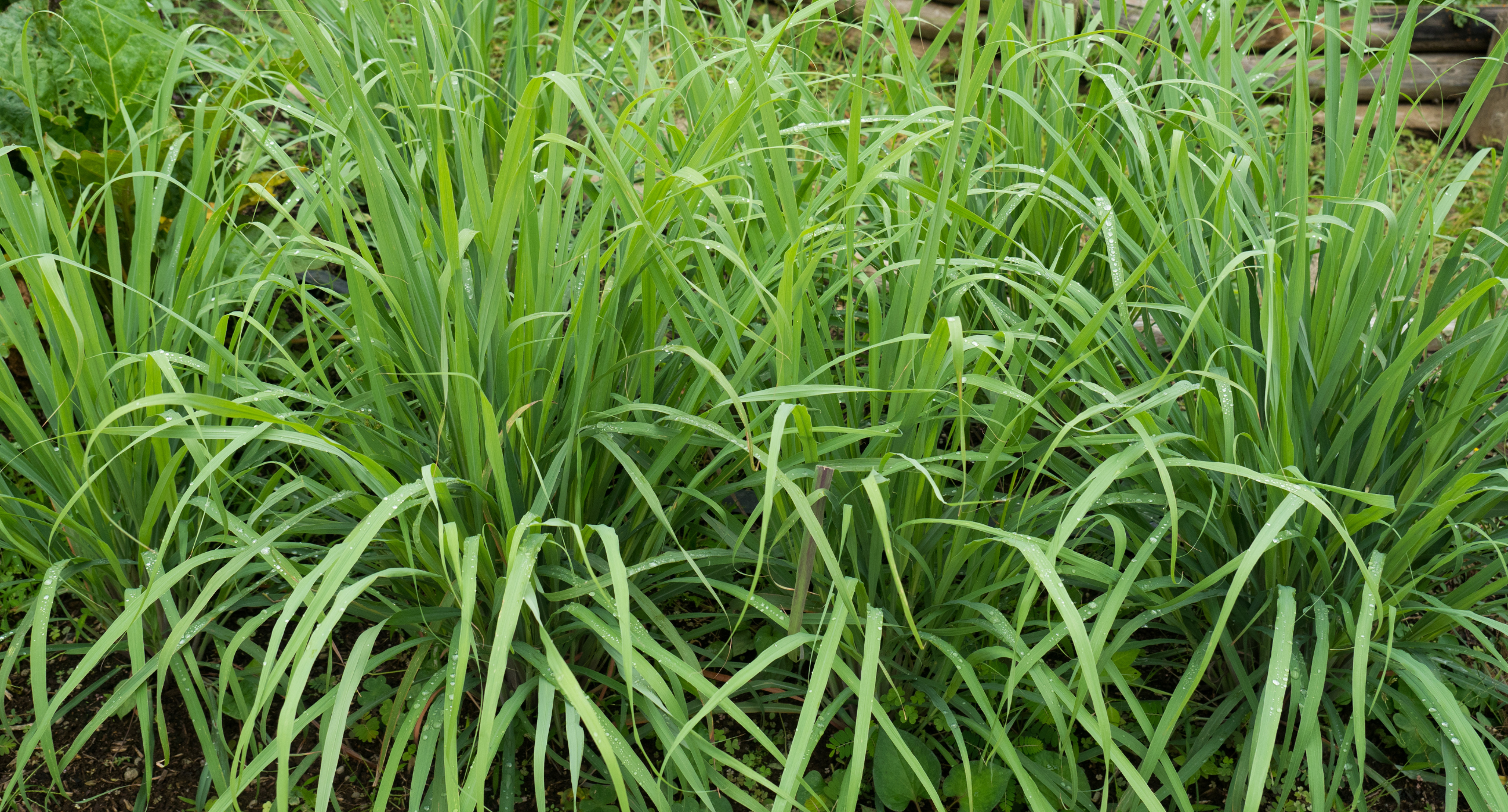
Lemongrass
Scientific Name: Cymbopogon citratus)
Herbal Profile: Lemongrass (Cymbopogon citratus)
Botanical Information
- Scientific Name: Cymbopogon citratus
- Family: Poaceae
- Common Names: Lemongrass, citronella grass, fever grass
Description
Lemongrass is a tropical plant with a distinct lemony scent. It grows in tall, thin stalks and is commonly used in cooking, herbal teas, and traditional medicine.
Origin and Distribution
- Native Regions: Southeast Asia, particularly India and Sri Lanka.
- Cultivation: Widely cultivated in tropical and subtropical regions around the world, including Africa, Asia, and the Caribbean.
Chemical Constituents
- Main Components: Citral (responsible for the lemon scent), geraniol, myrcene, limonene, citronellal, and citronellol.
Medicinal Properties
- Antimicrobial: Effective against various bacteria, fungi, and yeast.
- Anti-inflammatory: Helps reduce inflammation and swelling.
- Analgesic: Provides pain relief.
- Antioxidant: Protects cells from damage by free radicals.
- Antipyretic: Helps reduce fever.
- Digestive Aid: Eases digestion, relieves bloating and gas.
Traditional Uses
- Culinary: Commonly used in Asian cuisine for its lemon flavor in soups, curries, and teas.
- Aromatherapy: Used in essential oils for its calming and invigorating properties.
- Traditional Medicine: Used to treat digestive issues, fever, and infections.
Modern Uses
- Pharmaceuticals: Used in natural remedies and supplements.
- Cosmetics: Found in soaps, lotions, and perfumes for its refreshing scent and antimicrobial properties.
- Household: Used in insect repellents and cleaning products.
Preparations
- Tea: Fresh or dried leaves steeped in hot water.
- Essential Oil: Extracted through steam distillation for use in aromatherapy and topical applications.
- Poultice: Fresh leaves can be crushed and applied to the skin for pain relief and inflammation reduction.
Dosage and Administration
- Tea: 1-2 teaspoons of dried lemongrass or 2-3 stalks of fresh lemongrass per cup of boiling water, steeped for 5-10 minutes.
- Essential Oil: Diluted with a carrier oil before topical application; typically used in small amounts (a few drops).
Safety and Precautions
- Allergic Reactions: Possible in individuals with grass allergies.
- Pregnancy and Breastfeeding: Consult a healthcare provider before use.
- Skin Sensitivity: Essential oil should be diluted to avoid irritation.
Research and Studies
- Antimicrobial Activity: Studies have shown lemongrass oil to be effective against a variety of pathogens, including E. coli and Staphylococcus aureus.
- Antioxidant Properties: Research indicates strong antioxidant activities, which help in protecting against oxidative stress.
- Anti-inflammatory Effects: Studies suggest lemongrass can reduce inflammation, making it useful in conditions like arthritis.
Lemongrass is a versatile and beneficial herb with a wide range of uses in traditional and modern medicine, as well as in culinary and aromatic applications.
